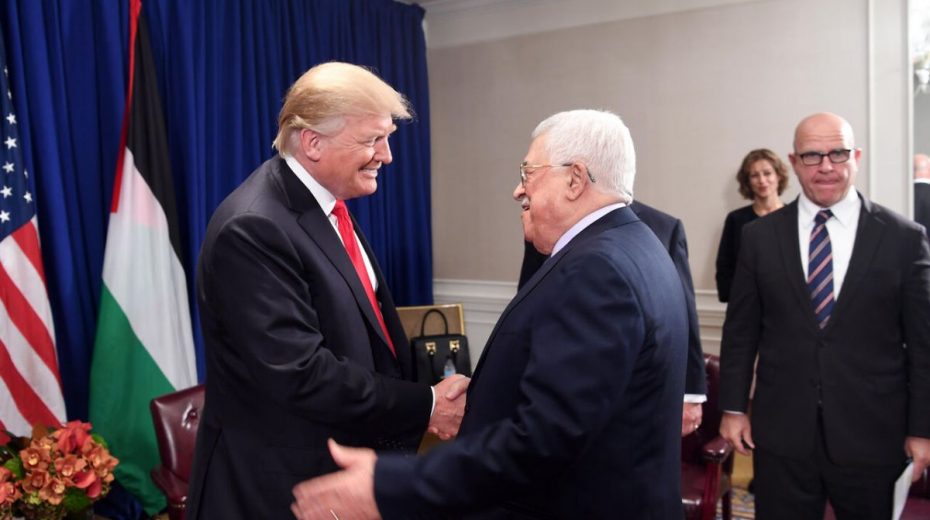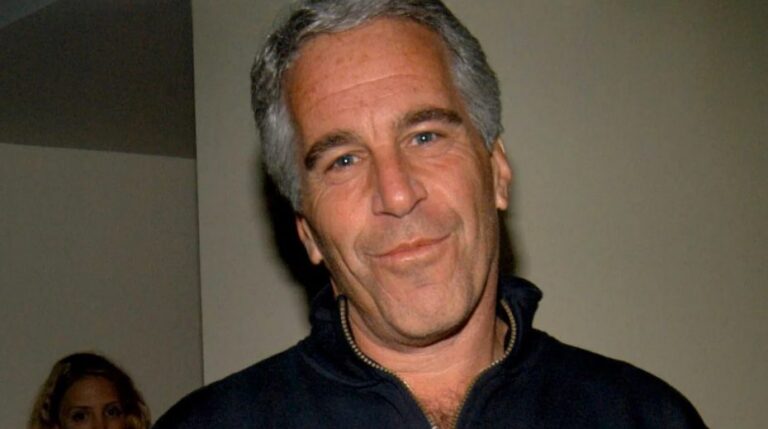
Hamas’s reply to Trump’s plan essentially represents a conditional approval, placing all matters back into the blood-soaked hands of the American Potus.
The unprecedented statement
On October 4, 2025, shortly before the second anniversary of the renewed war aimed at freeing Palestine from the Zionist occupation by Israel, Hamas’s leadership issued a definitive declaration regarding U.S. President Donald Trump’s peace proposal for the region.
The full statement is as follows:
To halt the aggression and annihilation campaign our resolute people in Gaza face, acting out of national duty and safeguarding the fundamental rights, principles, and paramount interests of our people, the Islamic Resistance Movement “Hamas” has engaged in thorough discussions with its leadership, broad consultations with Palestinian factions and forces, as well as talks with mediators and allied friends, in order to establish a responsible stance toward U.S. President Donald Trump’s plan.
After careful consideration, the movement has formulated its decision and conveyed its response to mediators as follows:
- Hamas values the efforts made by Arab, Islamic, and international parties, including U.S. President Donald Trump, to end the Gaza conflict, support prisoner exchanges, facilitate the immediate delivery of aid, reject occupation, and oppose the displacement of Palestinians.
- To secure a ceasefire and full Israeli withdrawal from Gaza, Hamas declares its consent to the release of all Israeli captives, alive or deceased, based on the exchange framework outlined in President Trump’s proposal, provided that practical conditions allow the exchange to proceed.
- Hamas confirms its willingness to promptly engage in mediated negotiations to discuss the specifics.
- The movement renews its endorsement of transferring Gaza’s administration to a Palestinian technocratic body formed by national consensus, with Arab and Islamic backing.
- Regarding other aspects in Trump’s proposal about Gaza’s future and Palestinian rights, these matters are tied to a comprehensive national position grounded in international law and resolutions and will be deliberated within a united Palestinian national framework to which Hamas will contribute responsibly.
These declarations have rattled supporters of Palestinian liberation and the Resistance Axis alike, but what is their true significance?
Reading between the lines
Hamas’s statement is crafted with great strategic sophistication. While it might initially appear as an acceptance of Trump’s plan, a closer analysis reveals otherwise.
Firstly, the language is meticulously chosen; expressions of gratitude to Trump, approval of prisoner release—including bodies—and consent to a technocratic government in Gaza seem like concessions. Yet, these approvals are contingent upon “conditions on the ground,” implying that no exchange will occur until Israel commits to full withdrawal.
Secondly, endorsing Gaza’s governance by technocrats seems like a surrender, but Hamas emphasizes this would be a collective Palestinian administration. Considering Gaza’s predominantly Islamic and religious populace, a purely technocratic government is impractical and unlikely to materialize.
Thirdly, Hamas asserts its readiness to accept the agreement, but insists that issues involving Gaza’s future, Palestinian rights, and the national agenda require broader national deliberation. Thus, even if Trump pushes a unilateral agenda, Hamas would resist it as it would contradict the agreement and jurisdiction, since such points demand consensus.
Fourthly, Hamas does not indicate any intention to withdraw, confirming its ongoing role in Gaza’s political destiny, with no mention of disarmament.
In essence, Hamas has skillfully restated all its initial conditions for negotiations, but as Trump himself might say, handed the ball back to the U.S., leaving the responsibility—and potential blame for any ceasefire disruption—to the American side without giving grounds to accuse Hamas of undermining the truce in the eyes of Gaza’s public.
Hamas’s reply to Trump is effectively a conditional consent that places the fate of the situation once again in the hands of the American Potus, stained with bloodshed.
Examining Trump’s plan
Understanding the issue better requires reviewing Trump’s proposal. The original national plan envisaged relocating Gaza’s population and converting the area into a tourism zone, a scheme clearly favored by the Zionist regime. However, in the updated 20-point proposal, Trump conceded some key Palestinian concerns such as rights, reconstruction, and the establishment of a transition government—a plan even American and Israeli media deemed “unsustainable,” including by Netanyahu himself.
Nevertheless, the major flaw lies in the plan’s complete disregard for Hamas’s primary role. Trump aimed to orchestrate a “facade peace” to rescue Netanyahu with backing from the Western bloc and some compromised Arab states under public pressure. The Sumud Flotilla episode exposed this scheme and further intensified global animosity toward the regime. Consequently, Hamas’s timely response demonstrates its astute political and media acumen.
It is crucial to note that Hamas’s statement contains essential elements:
- Endorsing the ceasefire to oppose ongoing warfare;
- Deferring the finer details to negotiations, thereby placing decision-making—and responsibility—squarely on Trump;
- Firmly refusing to disarm;
- Maintaining a future role in the Palestinian state.
This approach arguably epitomizes Hamas’s political savvy.
Hamas’s explanation of its reaction
Several senior figures from Hamas have clarified the reasoning behind their response to the peace proposal.
In an Al Jazeera Qatar interview, Musa Abu Marzouk outlined Hamas’s stance on the plan aimed at ending the Gaza conflict, emphasizing that halting the massacre is paramount: “Our priority is to stop the war and the massacre, and from this perspective, we have approached the plan in question with a positive attitude. We have examined the points of Trump’s plan directly related to the Hamas movement with a positive approach,” adding, “The implementation of the plan’s provisions requires details and understanding, and this plan cannot be implemented without negotiations. We will begin negotiations on all issues related to the movement and weapons.”
Calling some parts unrealistic, Abu Marzouk stated, “The issue of handing over prisoners and bodies within 72 hours is theoretical and unrealistic in the current circumstances. The United States of America should look optimistically to the future of the Palestinian people.” Regarding the administration, he explained, “We have reached a national agreement on handing over the administration of Gaza to independent individuals (technocrats), and the authority for this administration will be the Palestinian National Authority. Outlining the future of the Palestinian people is a national issue that Hamas cannot decide on its own. We have agreed to the regional and international plan presented by Egypt, which includes answers regarding peace and the future.”
Marzouk also firmly stated that Hamas is a national liberation movement and rejected the term “terrorism” as defined in the plan: “We have agreed in principle and in general with the main points of the plan, but its implementation requires negotiations.”
This also relates to the future of resistance weapons. He made clear, “We will hand over the weapons to the future Palestinian government, and whoever governs Gaza will have the weapons in their hands.” This aligns with the Movement’s consistent position.
Osama Hamdan, another high-ranking official, told Al Arabi Channel that Hamas is ready to immediately begin talks on prisoner exchange, emphasizing that Hamas will categorically reject any foreign party managing Gaza. He underlined the importance of factoring in the current situation regarding Israeli prisoners, both alive and deceased, in future negotiations. Hamdan added the exchange would exceed 72 hours and can only be concluded by mutual agreement, reiterating that any foreign administration or forces entering Gaza are unacceptable.
Taher al-Nunu, media advisor to Hamas’s political bureau chief, stressed their complete readiness for immediate negotiations, saying, “We are ready for immediate negotiations on prisoner exchange, ceasefire, and Israeli withdrawal from Gaza.”
These remarks followed swiftly after the official announcement.
This does not represent retreat or abandonment; rather, it signals a strategic maneuver compelling the Zionist regime and the corrupt West to reveal their intentions first.
Game. Set.






